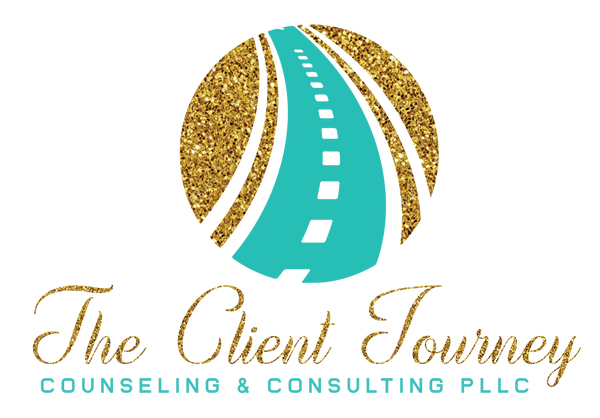Hey, fellow survivors!
Ever felt like you’re riding an emotional rollercoaster, clinging to the hope that your parent(s) will miraculously transform, see your true worth, and own up to their past mistakes? If so, you’re not alone! These feelings are very common among childhood trauma survivors; holding out hope that one day their parents will come around and get themselves together. The hard truth is that this rarely happens and the following points offer insight & tips about survivor’s wishes.
1. The Rollercoaster of Hope:
Despite the pain, many survivors secretly wish for that magical transformation, that moment of recognition, and the accountability they’ve been craving.
Survivor’s hope becomes a coping mechanism, a lifeline that helps them navigate the tumultuous waters of unmet emotional needs
This journey is endless when they stay in the realm of hope; fantasizing about the things they didn’t receive but absolutely needed.
2. The Longing for Acknowledgment:
One of the knots in this emotional rollercoaster is the longing for acknowledgment.
At the core, survivors have an emotional craving for their parent(s) to acknowledge the impact of their actions. Survivor’s ache for them to comprehend the scars left by their behavior, to understand the emotional toll, and to genuinely see the people they’ve become as a result.
3. Navigating a Healthier Relationship:
Holding onto hope often intertwines with dreams of a healthier parent-child relationship.
Intertwining hope with dreams of a healthier parent-child relationship creates a complex emotional landscape. It involves visualizing a future where the scars of the past no longer no longer hold as much weight, and both parties engage in a reciprocal exchange of understanding and support
The challenge is parent(s)’ capabilities and willingness to change. Recognizing the limits of what can be achieved and maintaining a sense of self that is independent of our parent(s) is very important for developing balance and creating a healthier you.
4. Setting Realistic Expectations:
Setting realistic expectations involves identifying your expectations, and deciding if they’re realistic or not based on what you know about your parents.
If they’re not realistic, it’s important to reframe your expectations to free you from continually holding out for care & support that you probably won’t receive in the way you envisioned.
5. Finding Closure Within Yourself:
As survivor’s navigate the emotional rollercoaster, it’s essential to challenge the narrative. How realistic is it to expect acknowledgment from someone who may be unable or unwilling to provide it?
While isn’t an easy question to answer, it’s important to understand that you’re the only person who can fill your void(s).
Healing involves untangling the emotional threads, recognizing the valid need for acknowledgment, and finding ways to meet that need within yourself.
Healing is a journey of self-validation and resilience, where survivor’s acknowledge their own worth, even if their parent(s) cannot.
In essence, the longing for acknowledgment is a powerful force. It’s a knot that, once unraveled, can offer insights into your emotional landscape, providing clarity on the role acknowledgment plays on your healing journey.

